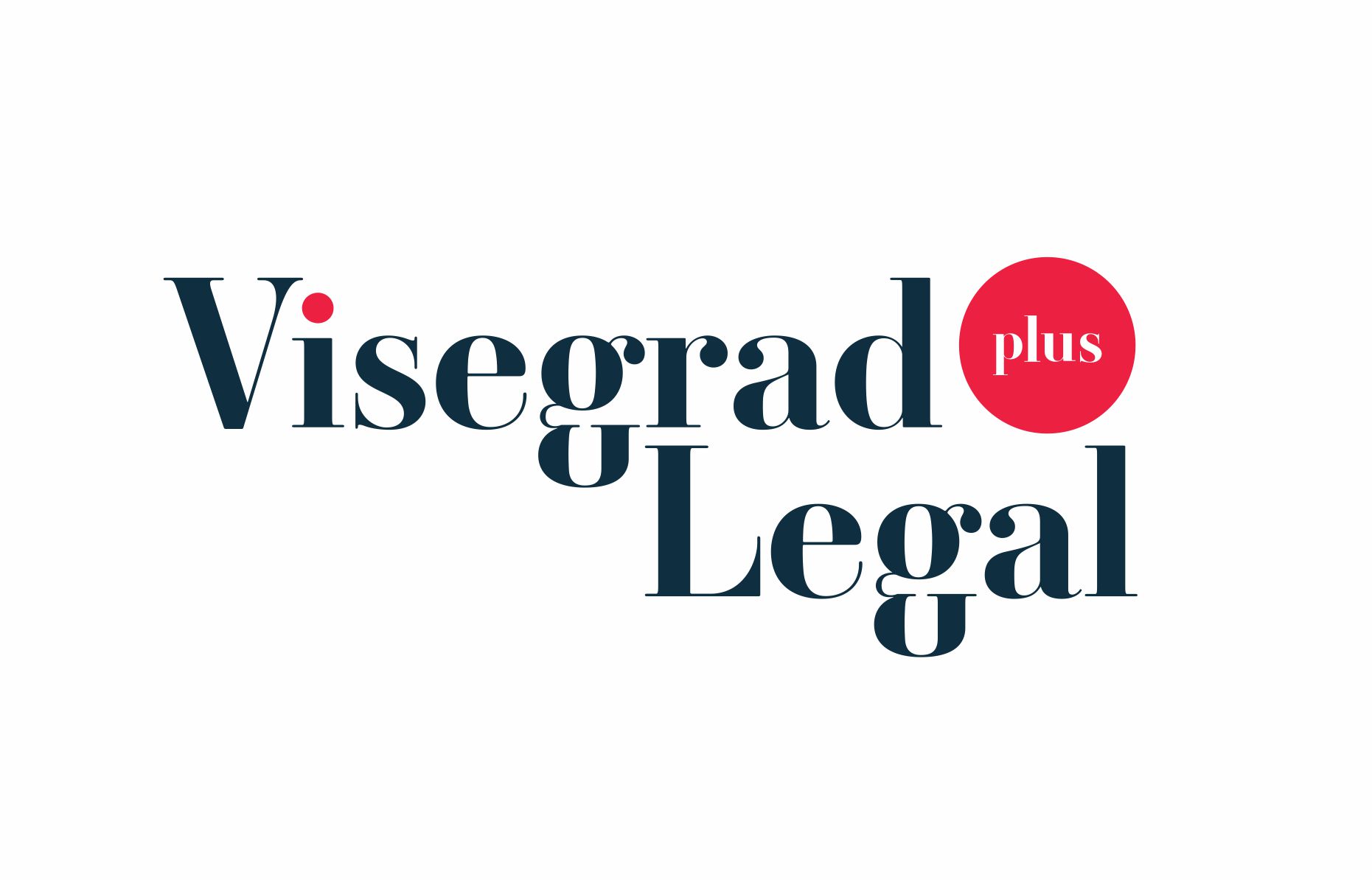Introduction: a series of 13 articles on the EU AI Act
We bring you a series of 13 articles on the EU AI Act and its application in law, including an analysis of the Act through 13 different topics covering various chapters of the regulation – with one article published each day. Perhaps 13 really is a lucky number – at least for those eager to learn!
The origins of artificial intelligence
The origins of artificial intelligence as a scientific field can be traced back to the early 1950s, when British mathematician Alan Turing published his seminal paper “Computing Machinery and Intelligence”, posing the now-famous question: “Can machines think?”. In this work, Turing introduced the concept of the Turing Test as a method for evaluating a machine’s ability to exhibit human-like intelligence, laying the theoretical groundwork for what would become a new frontier in science. Just a few years later, in 1955, American computer scientist John McCarthy coined the term “Artificial Intelligence” in a research proposal for the Dartmouth Summer Research Project, marking the first formal use of the phrase and aiming to establish AI as a distinct discipline. The Dartmouth workshop in 1956, based on this proposal, is widely regarded as the official beginning of AI as an organized field of study.
Yet despite decades of technological development and the increasing integration of AI into all aspects of society—from healthcare and finance to education and law—not a single comprehensive legal act had been adopted at the global level to regulate its use. That changed in 2024, when the European Union became the first jurisdiction in the world to adopt a binding legal framework specifically tailored to artificial intelligence. Prompted by the rapid growth and deployment of AI technologies in recent years, the EU Artificial Intelligence Act represents a landmark effort to balance innovation with safety, ethics, and fundamental rights.
EU AI Act, at last
Namely, in April 2021, the European Commission introduced a proposal for the world’s first comprehensive legal framework for artificial intelligence – the AI Act. Officially adopted in 2024, this regulation marks a turning point not only for the European Union but also for global governance of rapidly evolving technologies. For the first time, a supranational body is establishing legally binding rules that apply to a broad spectrum of AI systems, with the aim of ensuring the protection of fundamental rights, enhancing transparency and accountability, and promoting innovation in the digital economy.
The AI Act is built on a risk-based approach – rather than regulating all AI uniformly, the regulation differentiates obligations based on the level of risk a given system poses to individuals and society. The core of the Act lies in preserving core European values: human dignity, privacy, non-discrimination, and human oversight of automated systems that increasingly influence daily life. Therefore, the legal obligations imposed on AI systems differ depending on the level of risk the system poses to health, safety, fundamental rights, or democratic values. In other words, the higher the risk, the stricter the rules.
According to the European Commission's official website, the new framework aims to:
· strengthen public trust in AI technologies,
· safeguard EU values and fundamental rights,
· foster cross-border collaboration and a unified digital market,
· and create a secure environment for AI research and innovation.
European AI Office
The AI Act also establishes a new European AI Office, the centre of AI expertise across the EU, playing a key role in implementing the AI Act - especially for general-purpose AI - fostering the development and use of trustworthy AI, and international cooperation. The organisational set-up of the European AI Office consists of 5 units and 2 advisors, reflecting its mandate. These include:
· The “Excellence in AI and Robotics” unit
· The “Regulation and Compliance” unit
· The “AI Safety” unit
· The “AI Innovation and Policy Coordination” unit
· The “AI for Societal Good” unit
· The Lead Scientific Advisor
· The Advisor for International Affairs
As artificial intelligence continues to shape the future of medicine, education, employment, and governance, a robust legal framework is no longer optional—it is essential. The AI Act is Europe’s legal answer to the challenges of the 21st century: an ambitious yet balanced framework that upholds citizen protection while supporting competitive innovation.
For legal professionals, business leaders, and policymakers alike, understanding this regulation is crucial for ensuring timely compliance and navigating the evolving intersection between law and artificial intelligence.
Law firm JURŠETIĆ & PARTNERS Llc – Anja Juršetić Šepčević, managing partner


